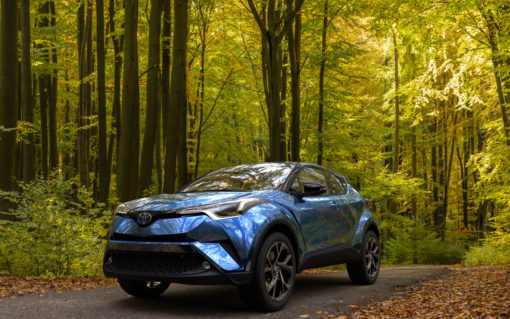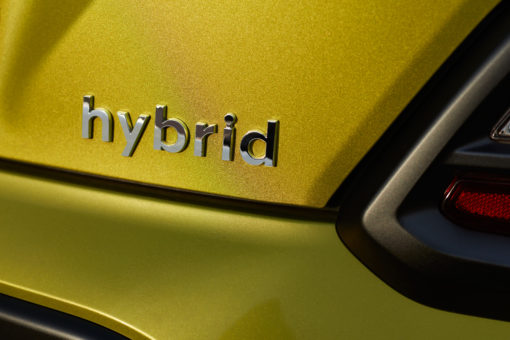[ad_1]
A hybrid car is a vehicle that runs on twin engines; a combustion engine and a battery with an electric motor. The automobile usually uses the battery to run but switches to the combustion engine when the battery runs out. In particular, it uses the electric engine at a lower speed and the combustion engine at a higher speed. Depending on your driving situation, it can combine both power sources.

Hybrid cars have been around for a long time but seem to be gaining more popularity in recent years. However, there’s still a lot of confusion regarding electric and hybrid cars. In choosing between an electric or hybrid car, you will need to know the difference to make an informed decision.
Electric vehicles are solely powered by batteries charged from an external electric power source. Once the batteries drain, they have to be recharged again for the car to run. On the other hand, hybrid vehicles cannot run on electric mode only. With this, you will need gasoline in the tank. The battery is charged through regenerative braking and an internal combustion engine.
For more information on hybrid cars, let’s take a look at their pros and cons:

Pros
- Environmentally Friendly
A hybrid car’s engine switches from fossil fuel to alternative fuel sources. Therefore, they have less carbon footprint compared to a conventional gasoline vehicle. A hybrid automobile has cleaner energy and better gas mileage because it has less gasoline dependence. Plus, they partly run on electric mode, which reduces harmful emissions by 15 – 30%. - High Resale Value
When you buy a car, you will want to factor in its depreciation value a few years down the line. Hybrid vehicles have become the preferred option for car buyers because their depreciation rate is lower than non-hybrid cars. This is because of the extra technological features incorporated into hybrid vehicles and the opportunity of going green offered by using alternative fuel. The high resale value of hybrid cars is also caused by the market’s inability to meet demand. - Longer And Additional Warranties
Hybrid cars come with high and additional warranties. Typically, the manufacturers will provide you with a warranty of 8-10 years covering the entire hybrid system in the car. - Less Gas Consumption
Hybrid cars are fuel-efficient in that they consume zero fuel for short journeys at low speeds because, during that time, they run on the electric motor and battery. Your hybrid car can also automatically shut down its engines when it’s idling, such as when you’re caught in a traffic jam or at traffic lights. - Low Maintenance
Your hybrid car will require less maintenance because the twin engines are likely used less. Therefore, they will have less wear and tear, decreasing the need for routine maintenance.
Cons
- Cost More
Hybrid cars do not come cheap, whether you opt for a hybrid Land Rover or other car models. They cost as much as 20% more than conventional gasoline-powered cars in the same range, which means you have to pay several thousand dollars more for a hybrid vehicle. - High Cost Of Maintenance
While you may save on fuel and take longer to repair a hybrid car, you will also need to consider the maintenance costs. Hybrid engines have high maintenance costs due to their advanced technology. Repairs can also be very costly.
For instance, mechanisms like the transmission, gas engine, and electric motor are supposed to work together. If one fails, the others may not function as intended. With the technology of hybrid cars still evolving, such maintenance and repairs can only be done by professional, certified technicians. They also attract higher insurance rates. - Slow
Hybrid cars are created with the goal of fuel efficiency and fewer carbon emissions. Hence, every part of the car is designed to meet these goals. As a result, the vehicle will have a higher mass, affecting its overall performance. Your hybrid vehicle will generally be slower compared to its gas-powered counterparts.
Conclusion
Whether or not to go for a hybrid car will largely depend on your personal preferences. If you want higher fuel efficiency, reduced carbon footprint, or are a technology enthusiast, then hybrids are the cars for you. If, however, your main attraction to a car is speed, you may have to look elsewhere.
Because of the diminishing natural resources and climate change concerns, especially from harmful emissions released into the atmosphere, more and more car manufacturers are going green by turning towards the production of hybrid cars for a sustainable future.
[ad_2]
Source link
